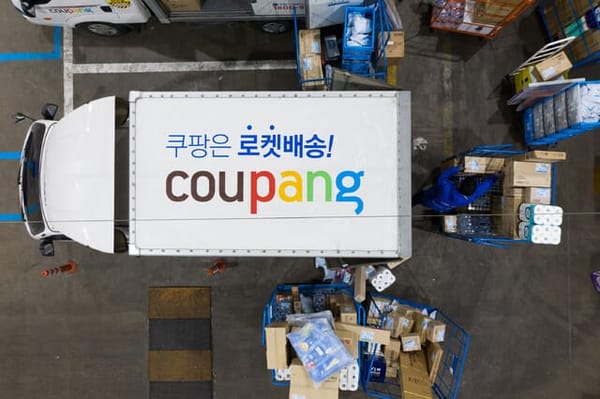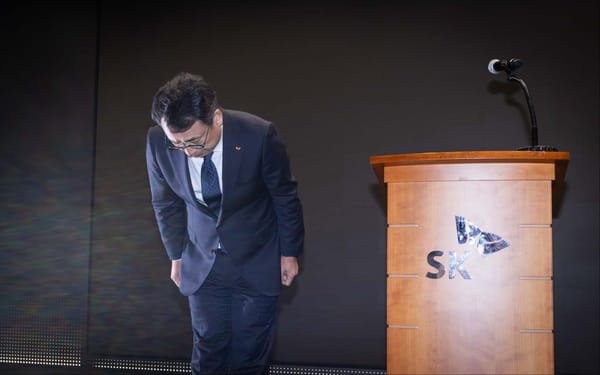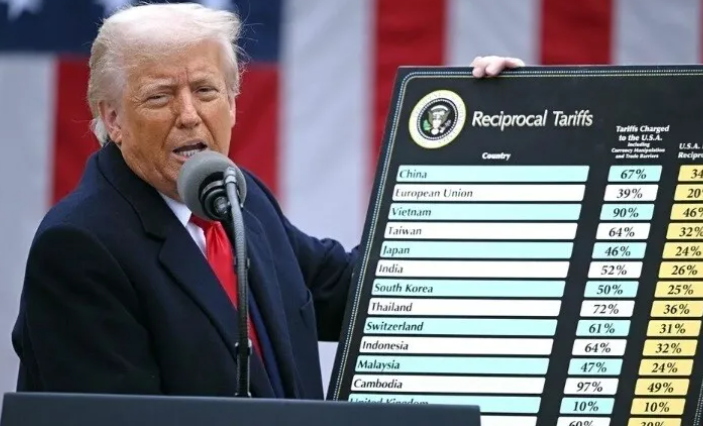A corporate drama is unfolding at SM Entertainment (SME) SM엔터테인먼트, the OG of K-pop. The company’s founder Lee Soo-man 이수만 is widely credited for the K-pop’s “industrial revolution”: a systemized approach of unearthing young talent, polishing them through what came to be known as the “trainee system”, and turning them into global superstars like BoA 보아, Girls’ Generation 소녀시대 and aespa 에스파. But Lee is now at the center of a controversy featuring an activist hedge fund, dubious insider contracts and proxy battles involving industry titans.
The drama began in early 2022, when Align Partners Capital Management 얼라인파트너스 acquired 1.1 percent of SME. Founded in March 2021 by 35-year-old Lee Chang-hwan 이창환, a former investment banker at Goldman Sachs and KKR, Align Partners emerged as a shareholder activist fund with a war chest of KRW 270b (USD 213m). After building its position in SME, Align Partners alleged that Lee Soo-Man was destroying shareholder value by siphoning much of SME’s profit into LIKE Production 라이크 기획, an entity controlled personally by Lee.
According to Align Partners, SME entered into several contracts with LIKE that would give a cut of 3 to 6 percent of SME’s revenue as royalties for the next 70 years, effectively transferring KRW 50b (USD 42m) each year - more than one-third of SME’s profit - to Lee Soo-man.
SME was vulnerable to a proxy battle as Lee, the company’s largest shareholder, held less than 20 percent of SME’s shares. Historically, the founders of South Korea’s large corporations could get away with controlling the company despite holding much less than 50 percent of shares, thanks to weak shareholder protection laws and other informal ways (for example, bribing government officials) in which founders could exercise influence beyond their formal shareholding.
But years of shareholder activism in South Korea gradually allowed an activist fund such as Align to mount a meaningful challenge against controlling shareholders who hold only a minority of shares. Align scored an early victory in March 2022, when the hedge fund successfully appointed an auditor on the SME board, and grew its influence within the company’s governance. In October 2022, SME canceled some of its contracts with LIKE.
Then in February this year, SME’s board declared a full-blown mutiny against Lee Soo-man, stripping him of his authority both as the company’s top producer and the controlling shareholder. On February 3, SME’s co-CEOs Lee Seong-su 이성수 and Tak Yeong-jun 탁영준 announced the “SM 3.0” plan, in which SME will abandon its single-tier producing system, which was ultimately overseen solely by Lee Soo-man, in favor of establishing “multi-production centers,” or independently produced and managed subsidiaries overseeing a more diverse group of artists.
Then on February 7, SME announced that it would issue a new round of shares, most of which would be purchased by Kakao 카카오, one of South Korea’s largest tech companies and the maker of the ubiquitous messenger app, Kakao Talk 카카오톡. (See previous coverage, “Kakao Talk Outage Strands South Korea.”) With an investment of KRW 271b (USD 214m), Kakao acquired 9.05% of SME, instantly becoming SME’s second largest shareholder and significantly weakening Lee Soo-man’s hold over the company he named after himself. Lee immediately filed a lawsuit, claiming the new stock issuance was illegal as it diluted the value of existing shares.
Then Lee surprised the K-pop market with an ace up his sleeve. In an announcement that shocked the industry, HYBE 하이브 - the production company behind megastars BTS 방탄소년단 and South Korea’s largest entertainment company by market capitalization - acquired 14.8 percent of SME, or most of Lee Soo-man’s shares in the company. (Lee retained a 3.66 percent stake in SME, over which HYBE has a put option.)
In a February 10 statement, HYBE also announced that it would acquire an additional 25 percent stake in SME by buying shares from small shareholders at KRW 120k (USD 94.6), a 21.8 percent premium over the closing price of KRW 98.5k per share as of February 9. If successful, HYBE could build a position of up to 43.5 percent in SME, putting the company safely under its control.
With Kakao and HYBE now engaged in a proxy battle, nothing less than the future of the K-pop industry is at stake. Kakao has been looking to acquire SME in order to control the pipeline of content into its platform: your favorite K-pop stars, available exclusively through Kakao-brand apps. The combination of HYBE and SME would also pursue a platform business, but would remain primarily a production company. There are two visions of K-pop’s future: in one, the artists would serve the platform; in the other, the platform would serve the artists.








